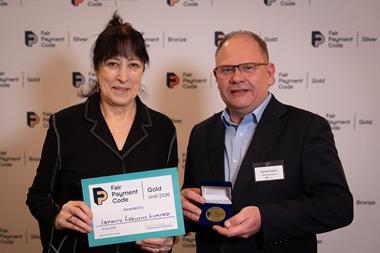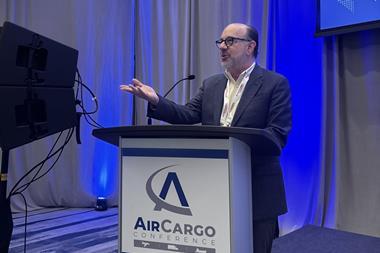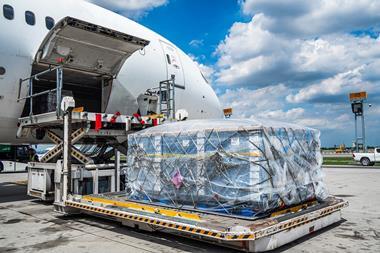European shippers and freight forwarders have teamed up to try and try and improve the logistics sector’s environmental performance.
The European Shippers’ Council (ESC) and forwarder group Clecat contributed to the LEARN project on logistics emissions accounting, which kicked off in October 2016 and finished in March 2019.
The objective of the LEARN project was to mobilise companies to measure and report on the carbon footprint of their logistics supply chains in a transparent way, with a view to influence meaningful emissions reduction actions.
The LEARN project focused largely on advancing the business uptake of the Global Logistics Emissions Council (GLEC) Framework, which provides companies with a universal methodology to calculate emissions from logistics operations across their global supply chains.
As part of the project, the practical applicability of the GLEC Framework was tested by over 30 companies that represent both customers and providers of freight and logistics services across different transport modes.
Accordingly, the testing results demonstrated that logistics emissions accounting works for business and is instrumental for improved efficiency and emissions reduction.
Many companies have now formally adopted the GLEC Framework, including the largest European freight forwarders and service providers such as DB Schenker, DP-DHL, Geodis, Kuehne+Nagel and SNCF Logistics.
“Although the LEARN project on logistics emissions accounting has come to an end, ESC and CLECAT will continue advocating for the universal adoption and implementation of the GLEC Framework, as well as the upgrade of the GLEC Framework into an ISO standard and the alignment with the EN16258 standard,” the groups said.
“Furthermore, ESC and CLECAT will promote incentivising policy action at different levels of governance, while emphasising that carbon accounting and reduction should remain a voluntary initiative led by the industry.”










